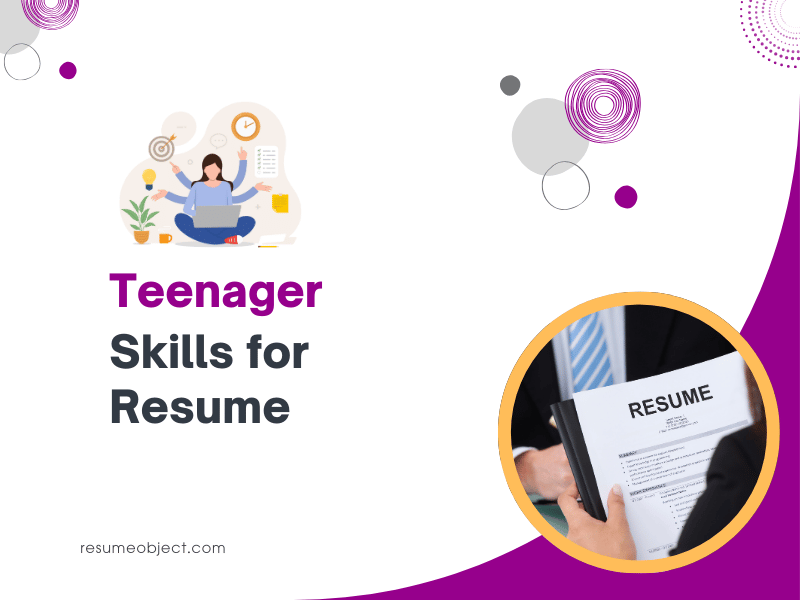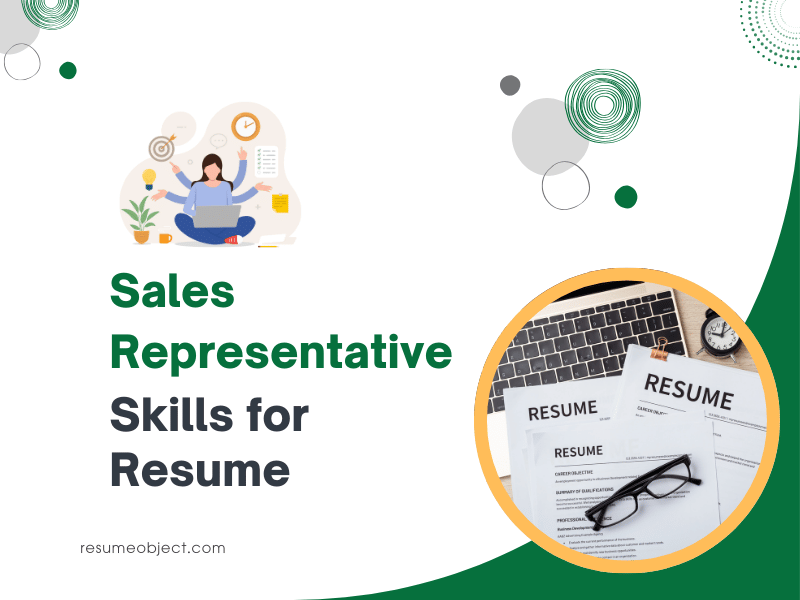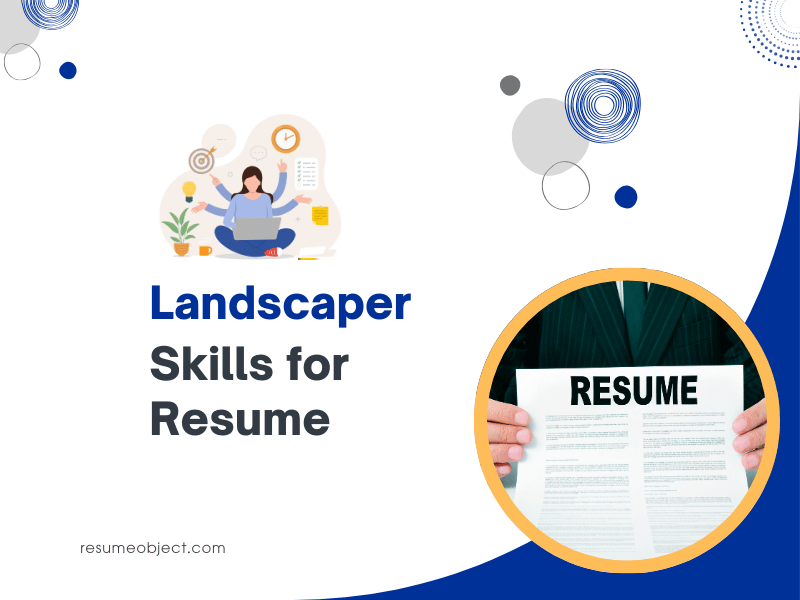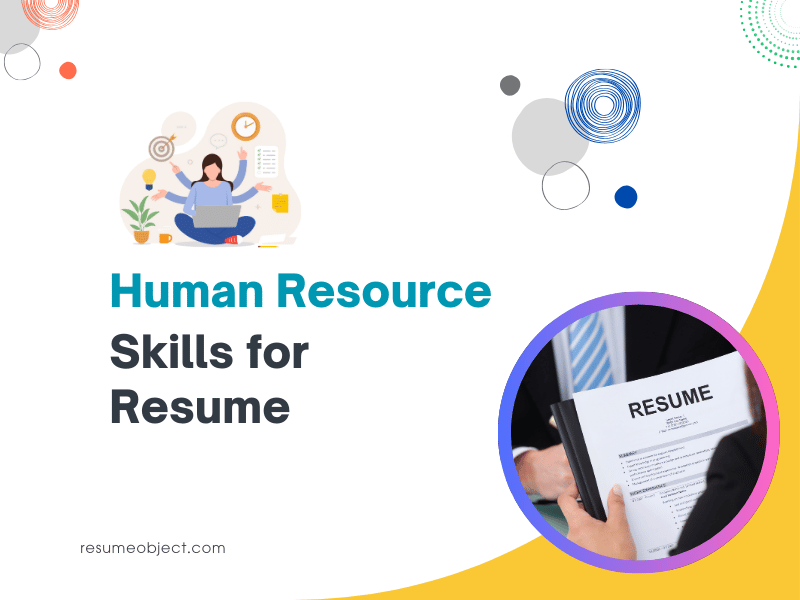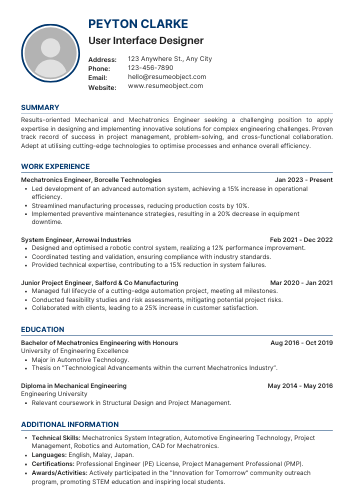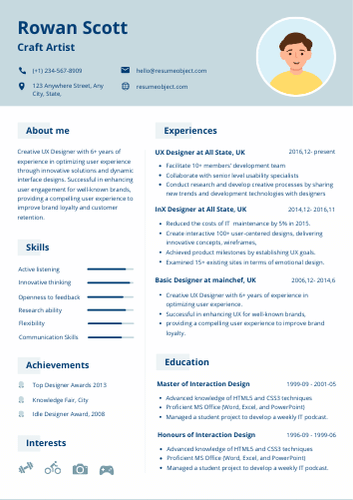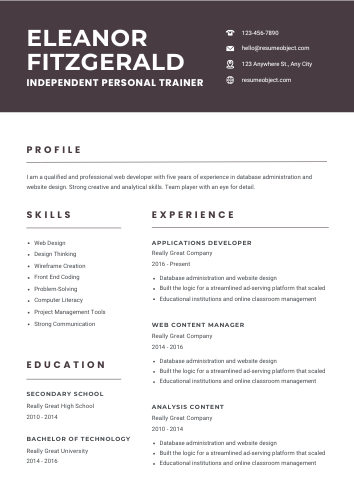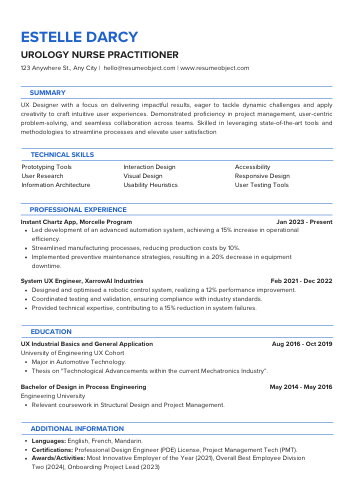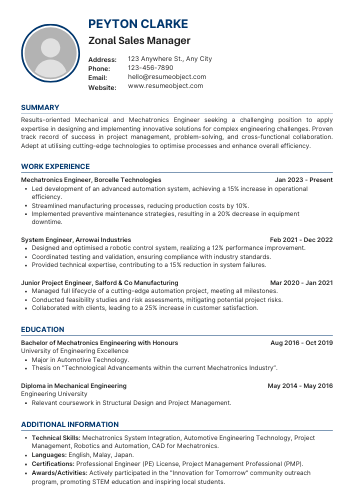32 Forecasting Skills for Resume – How to List for Forecasting Resume
Forecasting Skills on Resume
Showcase Forecasting Skills for Resume with a concise, compelling list of 32 abilities—technical, analytical, and strategic—that prove your predictive edge. Highlight tools, models, data interpretation, scenario planning, and cross-functional communication. Prioritize measurable impact, certifications, and industry relevance to turn forecasts into business outcomes. Format for clarity to boost recruiter attention and interview invites while using action verbs and metrics now.
Why Forecasting Skills Matter for a Resume
Forecasting skills demonstrate your ability to analyze trends, build accurate models, and produce actionable projections that drive strategic decisions, optimize resources, and mitigate risks—making your resume stand out to employers seeking reliable, data-driven professionals who deliver measurable business impact today.
Forecasting skills for resume are crucial because they demonstrate your ability to analyze data, predict future trends, and make informed decisions that drive business success. Employers seek candidates who can interpret complex datasets, identify patterns, and provide accurate forecasts that influence strategic planning. Highlighting these skills shows you can reduce uncertainty, optimize resource allocation, and improve overall operational efficiency.
Including forecasting skills on your resume also signals proficiency in essential tools and techniques such as statistical analysis, Excel, and forecasting software. These competencies are vital for roles that require budgeting, inventory management, and market analysis. To effectively showcase forecasting skills for resume, emphasize:
- Data analysis and interpretation
- Trend identification and prediction
- Use of forecasting software and tools
- Decision-making based on forecast results
Demonstrating these abilities makes you a valuable asset, increasing your chances of landing a forecasting job.
Boost your nursing resume by highlighting infusion expertise; explore Cardiac Drips Skills for Resume to showcase critical-care competence and increase interview callbacks with targeted keywords.
Top 20 Skills for a Forecasting Resume
When crafting a resume for a forecasting role, it's essential to highlight relevant skills that demonstrate your expertise in predictive analysis and data interpretation. Here’s a list of key forecasting skills for your resume:
- Statistical Analysis
- Data Interpretation
- Time Series Analysis
- Predictive Modeling
- Trend Analysis
- Regression Analysis
- Excel Proficiency
- Data Visualization
- Quantitative Research
- Demand Forecasting
- Market Analysis
- Risk Assessment
- Scenario Planning
- Business Intelligence Tools
- SQL Proficiency
- Financial Forecasting
- Supply Chain Management
- Analytical Thinking
- Problem Solving
- Communication Skills
Top Hard Skills for a Forecasting Resume
The following list highlights the top hard skills employers seek on forecasting resumes, showcasing technical proficiencies, analytical tools, and quantitative methods that demonstrate your ability to predict trends, model scenarios, and drive data-informed business decisions.
- Data Analysis – Ability to examine and interpret complex data sets to identify trends and patterns.
- Statistical Modeling – Proficiency in creating mathematical models to predict future outcomes based on historical data.
- Time Series Analysis – Expertise in analyzing data points collected or recorded at specific time intervals.
- Excel Proficiency – Advanced skills in Microsoft Excel for data manipulation, forecasting functions, and visualization.
- SQL – Competence in querying databases to extract relevant data for forecasting purposes.
- Machine Learning – Applying algorithms and models to improve forecasting accuracy through automated learning.
- Demand Planning – Ability to predict customer demand to optimize inventory and supply chain management.
- Data Visualization – Creating clear and impactful charts and graphs to communicate forecasting results.
- Financial Modeling – Building quantitative models to forecast financial performance and business metrics.
- Risk Analysis – Assessing potential risks that could impact forecast accuracy and business outcomes.
- Programming (Python/R) – Using programming languages for advanced data analysis and predictive modeling.
- ERP Systems Knowledge – Familiarity with Enterprise Resource Planning software to integrate forecasting with business processes.
- Scenario Planning – Developing multiple forecast scenarios to prepare for various future possibilities.
- Statistical Software (SAS, SPSS) – Utilizing specialized tools for complex statistical analysis and forecasting.
- Business Intelligence Tools – Leveraging BI platforms like Tableau or Power BI to enhance forecasting insights and reporting.
Other Skills for Resumes
Top Soft Skills for a Forecasting Resume
Discover the essential soft skills hiring managers seek on forecasting resumes—clear communication, critical thinking, collaboration, adaptability and stakeholder management—designed to showcase your analytical edge, credibility, and influence in driving accurate, actionable forecasts and business impact.
- Analytical Thinking – Ability to break down complex data and identify patterns to make accurate forecasts.
- Attention to Detail – Ensuring precision in data analysis to avoid errors in forecasting outcomes.
- Communication Skills – Effectively conveying forecast results and insights to stakeholders.
- Problem-Solving – Identifying issues in data trends and developing solutions to improve forecast accuracy.
- Adaptability – Adjusting forecasts based on changing market conditions and new information.
- Critical Thinking – Evaluating assumptions and methodologies to enhance forecasting models.
- Time Management – Prioritizing tasks to meet deadlines for timely forecast delivery.
- Collaboration – Working with cross-functional teams to gather relevant data and insights.
- Decision-Making – Using forecast data to support strategic business choices confidently.
- Emotional Intelligence – Understanding team dynamics and stakeholder concerns to improve forecast acceptance.
How to List Forecasting Skills on a Resume
This concise guide shows hiring managers why you matter, demonstrating measurable achievements and relevant tools; learn how to list skills effectively while highlighting Forecasting Skills for Resume that prove your analytical foresight and decision-making impact
When listing Forecasting Skills for Resume, it's essential to highlight both technical expertise and analytical abilities. Start by showcasing your proficiency with forecasting tools such as Excel, SQL, Python, or specialized software like SAS or Tableau. Emphasize your experience in data analysis, trend identification, and demand planning, demonstrating how you use historical data to predict future outcomes accurately. Mention your ability to interpret complex datasets, create predictive models, and adjust forecasts based on market changes or new information.
Incorporate specific forecasting skills using a clear, concise list to grab recruiters' attention quickly:
- Time series analysis and statistical modeling
- Demand planning and inventory management
- Risk assessment and scenario analysis
- Use of forecasting software and automation tools
- Collaboration with cross-functional teams to align forecasts with business goals
This approach ensures your resume reflects both your technical prowess and strategic insight, making you a strong candidate for forecasting roles.
Resume Example for Forecasting with Skills Highlighted
This concise guide highlights core competencies, quantifiable achievements, and role-specific tools to craft a compelling forecasting-focused CV; it includes a Sample Resume, a practical Example, and showcases Forecasting skills with measurable impact for hiring managers
John Doe
[email protected] | (123) 456-7890 | LinkedIn: linkedin.com/in/johndoe | City, State
Professional Summary
Detail-oriented forecasting analyst with over 5 years of experience in data-driven demand planning and predictive analytics. Proven expertise in leveraging advanced forecasting techniques to optimize inventory and improve business decision-making. Adept at using statistical software and machine learning models to deliver accurate and actionable forecasts.
Forecasting Skills for Resume
- Time Series Analysis & Seasonal Trend Decomposition
- Predictive Modeling & Regression Analysis
- Demand Planning & Inventory Optimization
- Statistical Software: R, Python (Pandas, Scikit-learn), SAS
- Forecast Accuracy Measurement (MAPE, RMSE)
- Data Visualization: Tableau, Power BI
- Machine Learning Techniques for Forecasting
- Scenario Analysis & Risk Assessment
- Cross-functional Collaboration & Communication
Professional Experience
Senior Forecasting Analyst
XYZ Corporation, City, State | June 2020 – Present
- Developed and implemented forecasting models that improved demand accuracy by 15%, reducing stockouts and excess inventory.
- Conducted time series analysis and adjusted models to account for seasonality and market trends.
- Collaborated with sales and supply chain teams to integrate forecasting insights into operational planning.
- Automated data collection and reporting processes, reducing forecast preparation time by 30%.
Forecasting Specialist
ABC Inc., City, State | January 2017 – May 2020
- Created monthly and quarterly sales forecasts using regression analysis and machine learning algorithms.
- Monitored forecast performance and refined models to enhance accuracy continually.
- Presented forecasting reports and insights to senior management to support strategic decisions.
- Trained junior analysts on forecasting methodologies and software tools.
Education
Bachelor of Science in Statistics
University of State, City, State | Graduated 2016
Certifications
Certified Business Forecasting Professional (CBFP) – International Institute of Forecasters, 2019
Technical Skills
- Forecasting Tools: SAS Forecast Server, IBM SPSS, Prophet
- Programming Languages: Python, R, SQL
- Data Visualization: Tableau, Power BI
- Microsoft Office Suite: Excel (Advanced), Access
Additional Information
- Strong analytical mindset with exceptional problem-solving abilities.
- Excellent communication skills for translating complex data into actionable business insights.
Action Verbs to Pair with Forecasting Skills
Showcase measurable achievements by selecting Action Verbs to Pair with skills that emphasize analysis, accuracy, and strategic insight; tailor bullet points around Forecasting results to demonstrate value, credibility, impact, and forward-looking decision-making on your resume.
- Analyzed
- Predicted
- Projected
- Evaluated
- Modeled
- Estimated
- Assessed
- Calculated
- Interpreted
- Monitored
- Synthesized
- Identified
- Developed
- Forecasted
- Optimized
Common Mistakes to Avoid When Listing Forecasting Skills
Learn how to present Forecasting Skills for Resume effectively by avoiding common pitfalls; this guide highlights mistakes to avoid while adding skills, ensuring clear examples, measurable results, and relevant context to strengthen prospective hiring chances.
Including Forecasting Skills for Resume is crucial to stand out in a competitive job market, but many candidates make avoidable errors that can undermine their chances. To make your forecasting expertise shine, it’s important to present your skills clearly and accurately, ensuring they align with the job requirements and demonstrate real-world impact.
Avoid these common mistakes when listing Forecasting Skills for Resume:
1. Vague Skill Descriptions: Avoid generic terms like "good at forecasting" without specifics; quantify your experience or tools used.
2. Overloading with Irrelevant Skills: Only include forecasting skills relevant to the job, not every software or method you’ve encountered.
3. Ignoring Soft Skills: Forecasting requires analytical thinking and communication; don’t neglect these complementary skills.
4. Lack of Context: Simply listing skills without showing how you applied them in projects or results misses the opportunity to impress.
5. Omitting Keywords: Many companies use ATS software; failing to include job-specific forecasting keywords can cause your resume to be overlooked.
By steering clear of these pitfalls, your Forecasting Skills for Resume will be more compelling, targeted, and effective in landing interviews.
Tips for Listing Forecasting Skills on Resume
Adding Forecasting Skills for Resume effectively can set you apart in competitive job markets. Employers seek candidates who not only understand forecasting concepts but can also apply them to drive business decisions. Highlighting your forecasting abilities with clarity and precision ensures your resume captures attention.
To showcase your Forecasting Skills for Resume, consider these tips:
- Quantify your achievements by including specific forecasting outcomes, such as accuracy rates or revenue impact.
- Mention relevant software tools like Excel, SAP, or Tableau to demonstrate technical proficiency.
- Include examples of different forecasting methods you’ve used, such as time series analysis or regression models.
- Emphasize your ability to interpret data trends and translate them into actionable business strategies.
- Highlight collaboration with cross-functional teams to develop comprehensive forecasts.
Incorporating these strategies will make your forecasting expertise stand out, increasing your chances of landing interviews and advancing your career.
Do
Do: Quantify forecasting achievements - Include concrete metrics (e.g., reduced forecast error by 18%, improved inventory turnover by 25%) to prove accuracy and impact.
Do: List specific tools and techniques - Name statistical methods (ARIMA, exponential smoothing), ML models (XGBoost), and tools (Python, R, Prophet, SAS, Tableau) you used.
Do: Highlight business outcomes - Tie forecasts to decisions: revenue growth, cost savings, optimized inventory, or improved capacity planning.
Do: Show cross-functional collaboration - Note partnerships with sales, finance, operations, and data teams to gather inputs, validate assumptions, and implement forecasts.
Do: Demonstrate continuous learning - Mention certifications, courses, or projects (time-series analysis, demand planning) and any A/B tests or model monitoring you conducted.
Don't
Don't: Overstate your forecasting accuracy - Avoid claiming perfect or unrealistic accuracy; instead provide transparent metrics (MAE/MAPE/RMSE) and context for performance.
Don't: Dump a long skills list without evidence - Don’t just list “forecasting” or tools; highlight specific methods used (ARIMA, Prophet, exponential smoothing) and one-line outcomes or projects.
Don't: Skip specifying data scope and frequency - Don’t leave reviewers guessing; state the data types, time horizons, and cadence (daily/weekly/monthly) you forecasted.
Don't: Ignore model validation and backtesting - Don’t omit how you validated models; mention cross-validation, holdout results, or A/B tests that demonstrate reliability.
Don't: Forget to tie forecasts to business impact - Don’t present forecasts in isolation; quantify the impact (cost savings, inventory reduction, revenue uplift) to show real-world value.
FAQs about Forecasting Resume Skills
How many skills should I include on a Forecasting resume?
Include 5-7 relevant Forecasting Skills for Resume to showcase your expertise without overwhelming recruiters. Focus on key abilities like data analysis, trend prediction, and statistical modeling to highlight your proficiency effectively.
How do I know which skills are most relevant for a Forecasting job role?
Identify key Forecasting Skills for Resume by researching job descriptions, industry trends, and required technical tools like data analysis, statistical modeling, and software proficiency. Tailor your skills to match employer needs for maximum relevance and impact.
How can I prove the Forecasting skills I list on my resume?
Demonstrate Forecasting Skills for Resume by showcasing specific projects, using quantifiable results, highlighting relevant software proficiency, and including certifications or training. Provide examples of accurate predictions and their impact to prove your expertise effectively.
Should I update my Forecasting skills section for each job application?
Yes, updating your Forecasting Skills for Resume in each job application ensures relevance to the specific role, highlights your most applicable expertise, and increases your chances of standing out to recruiters. Tailor it to match job requirements.
How to list Forecasting skills on a resume?
Highlight your Forecasting Skills for Resume by showcasing relevant experience, specific tools used, and quantifiable results. Include keywords like data analysis, trend prediction, and budgeting to demonstrate proficiency and impact clearly to employers.
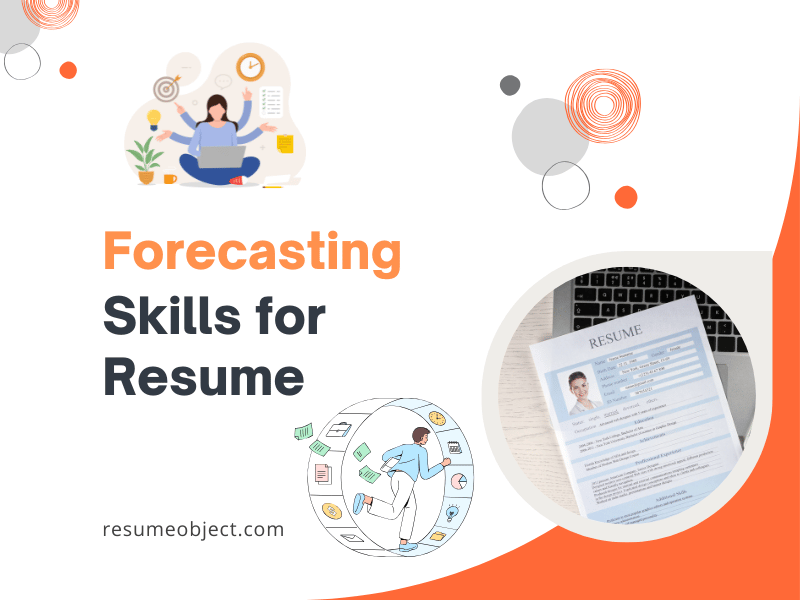
Forecasting Skills for Resume
Discover essential Forecasting Skills for Resume employers want - learn how to list them, use strong examples, and craft impact-driven lines that get interviews.
Top Hard Skills
Time series analysis
Statistical modeling
Demand forecasting techniques
Machine learning predictive modeling
Forecasting with Python and R
Top Soft Skills
Analytical and critical thinking
Attention to detail
Data-driven communication skills
Cross-functional collaboration
Adaptability and flexibility
Mistakes to Avoid When Listing Skills
Listing irrelevant general skills
Overstating proficiency without proof
Ignoring domain-specific forecasting tools
Tips to List Skills
Quantify forecasting impact with metrics
Show tools used and proficiency level
Highlight models, methodologies, and assumptions
Free Resume Templates
